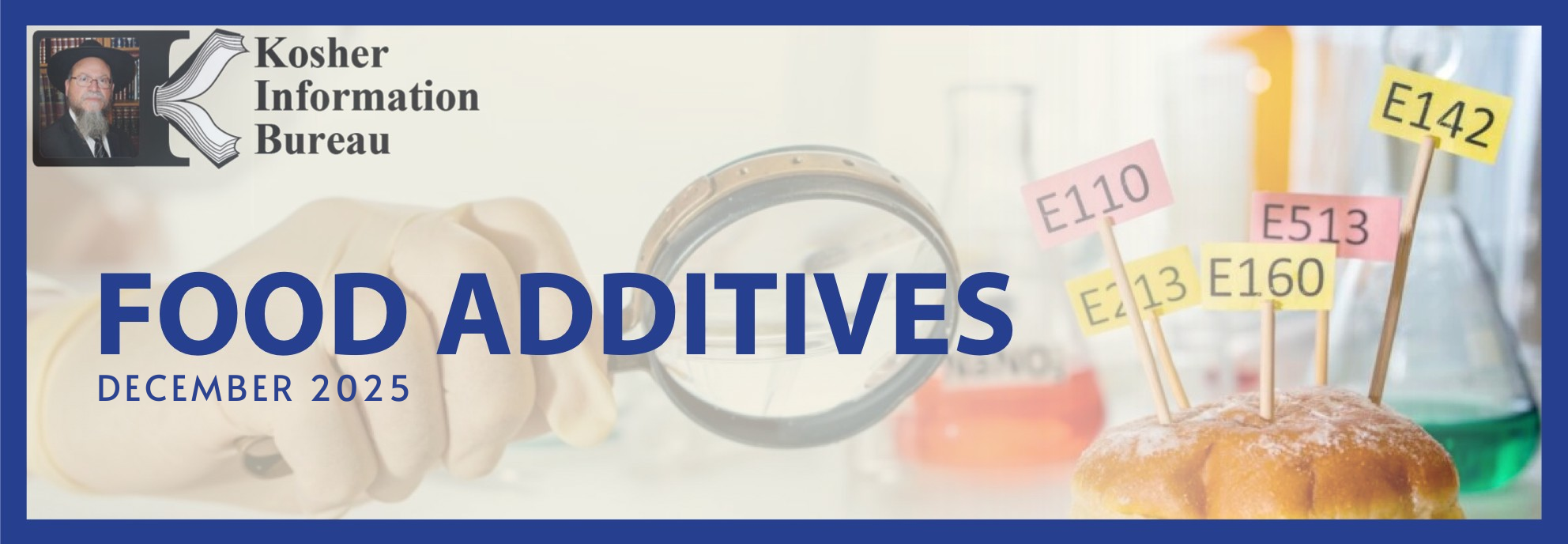HALACHOS FOR THE SUMMER (5785) - Part 2
by Rabbi Eidlitz
The summer provides unique opportunities for growth in our avodas HaShem. During the summer we often can utilize Halacha in ways that do not present themselves during the year. Following are some guidelines that may help us to successfully navigate the challenges and opportunities of the summer months.
ISSUR OF SAKANAH (DANGEROUS SITUATIONS)
ושמרתם מאד לנפשתיכם (דברים ד) וחיו בהם
חמירה סכנת מאיסורה (חולין ט)
Gemara Shabbos 129b, Yevamos 12: Even things that may only pose a possible danger are treated seriously in Halacha.
אם דשו בו רבים מותר – If something is commonly accepted as normal behavior, it is permitted under the concept of שומר פתאים ה' (Tehillim 116:6) – "Hashem protects the simple".
Chazal and the Poskim teach that we are more stringent when it comes to potential danger than we are for other prohibitions (חמירה סכנתא מאיסורה). Yet, the Gemara explains that if a certain behavior carries risk but is common and accepted, it may be permitted due to our reliance on Hashem’s protection.
Examples commonly considered Assur due to uncommon danger:
- Bungee jumping
- Parachuting for fun (Reb Shlomo Zalman Auerbach zt”l)
- Smoking cigarettes
- Smoking marijuana
- Big game hunting
- Base jumping
- Car travel without a seatbelt or in dangerous areas
- Any activity that is clearly risky or defies common sense and Halacha
Examples generally not considered a Sakana with proper precautions:
- Car travel (with seatbelts)
- Skiing
- Boating
- Swimming
- Hiking
- Eating and drinking most types of food
- Donating blood
- Playing sports
- Thrill rides in amusement parks
- River rafting
Sources and Commentary:
- Harav Shlomo Zalman Auerbach zt”l: He did not wear a seatbelt when it was not yet mandated by law, since most people at that time did not wear them. He considered this to fall under the category of דשו בו רבים — behavior that is common and therefore permitted under the principle of שומר פתאים ה' (Hashem protects the simple). However, once it became legally required and most people began to wear seatbelts, he was careful to do so as well. He explained that we are permitted to engage in normal activities such as eating meat, sugar, and drinking coffee in moderation, relying on Hashem’s protection. Nonetheless, he ruled that parachuting purely for recreation would be Assur (forbidden), since it constitutes an unnecessary and unreasonable risk.
- Rav Chaim Kanievsky zt”l: He emphasized that there is an actual obligation from the Torah to protect one's health. He cited the possuk from Devarim (4:9), "רק השמר לך ושמור נפשך מאוד" — “Only guard yourself and greatly guard your soul.” According to Rav Chaim, this verse establishes a chiyuv (obligation) to watch over one’s physical well-being, and taking unnecessary risks violates that duty.
- HaRav Eliezer Waldenberg zt”l – Tzitz Eliezer (11:14): He explained that many activities which technically carry some risk — such as driving on the freeway or going on rollercoasters — are nonetheless permitted because they are common and accepted parts of daily life. These fall under the protection of the principle שומר פתאים ה', meaning Hashem protects those who engage in ordinary, socially normative behavior. He clarified, though, that this only applies when the risk is relatively small and distant.
- Reb Chaim Ozer Grodzinski ztz”l: He added an important limitation to the principle of שומר פתאים ה'. According to him, it only applies when the risk is distant, infrequent, and generally considered minimal. He stated that one cannot use this principle to justify behavior when the danger is more serious or immediate. For example, even when swimming — which is a common activity — one must ensure that the conditions are safe and that it does not pose a serious risk at that moment.







